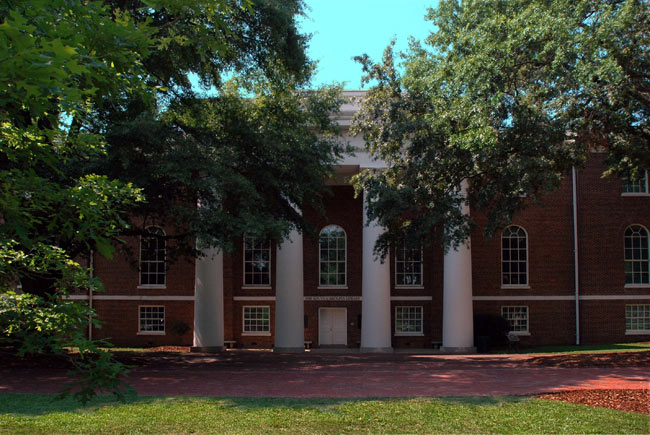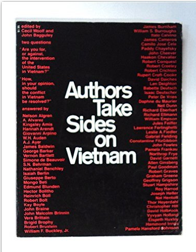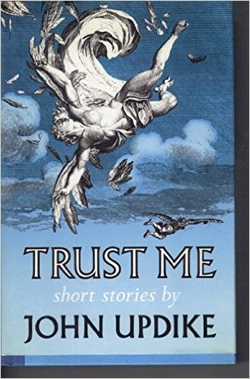 Registration is now open for the 4th Biennial John Updike Society Conference October 12-15, 2016, celebrating manuscripts, research, and special collections and hosted by the University of South Carolina Libraries in Columbia, S.C. It will be the first chance that society members have to see the Don and Ellen Greiner Updike Collection. Greiner is serving as conference director, and the conference hotel is The Inn at USC Wyndham Garden, right on USC’s campus.
Registration is now open for the 4th Biennial John Updike Society Conference October 12-15, 2016, celebrating manuscripts, research, and special collections and hosted by the University of South Carolina Libraries in Columbia, S.C. It will be the first chance that society members have to see the Don and Ellen Greiner Updike Collection. Greiner is serving as conference director, and the conference hotel is The Inn at USC Wyndham Garden, right on USC’s campus.
Conference highlights:
- Keynote address by Garrison Keillor, of A Prairie Home Companion fame
- Inaugural Rabbit Open golf tournament (optional/all skill levels welcome)
- Book-length catalogue of the Don and Ellen Greiner Updike Collection (free to all attendees)
- Broadside featuring a comment about Updike by Keillor, suitable for framing (and autographing)
- Major Updike exhibit (16 cases) of typescripts, inscriptions, broadsides, limited editions, two love poems Updike wrote at age 10, etc.
- Special presentation by two of Updike’s children, Miranda and David Updike
- Opportunity to examine rare and seldom displayed 19th and 20th century American literature artifacts and literary items (Emerson, Thoreau, Whitman, Hawthorne, Melville, Howells, Fitzgerald, Hemingway, Faulkner, Joyce, Heller, etc.)
- Plenary talk on Updike collections by Leslie Morris (Houghton Library) and Elizabeth Sudduth (USC Libraries)
- DVD presentation of Updike delivering his controversial talk “On Literary Biography” at USC
- Tour of Civil War sites like the State House (pictured above) and the USC “Horseshoe,” which Gen. Sherman spared on his march through the South because the campus buildings were being used as a hospital for both sides; the South Caroliniana Library (pictured below), on the Horseshoe, was built in 1840 and was the first freestanding college library in the nation
Though attendees must be members of the society, all are welcome to join and experience this celebration of manuscripts, research, and special collections, with a focus on John Updike. Click on the link below to download a draft of the program and all registration and hotel information:
THE 4TH BIENNIAL JOHN UPDIKE SOCIETY CONFERENCE






